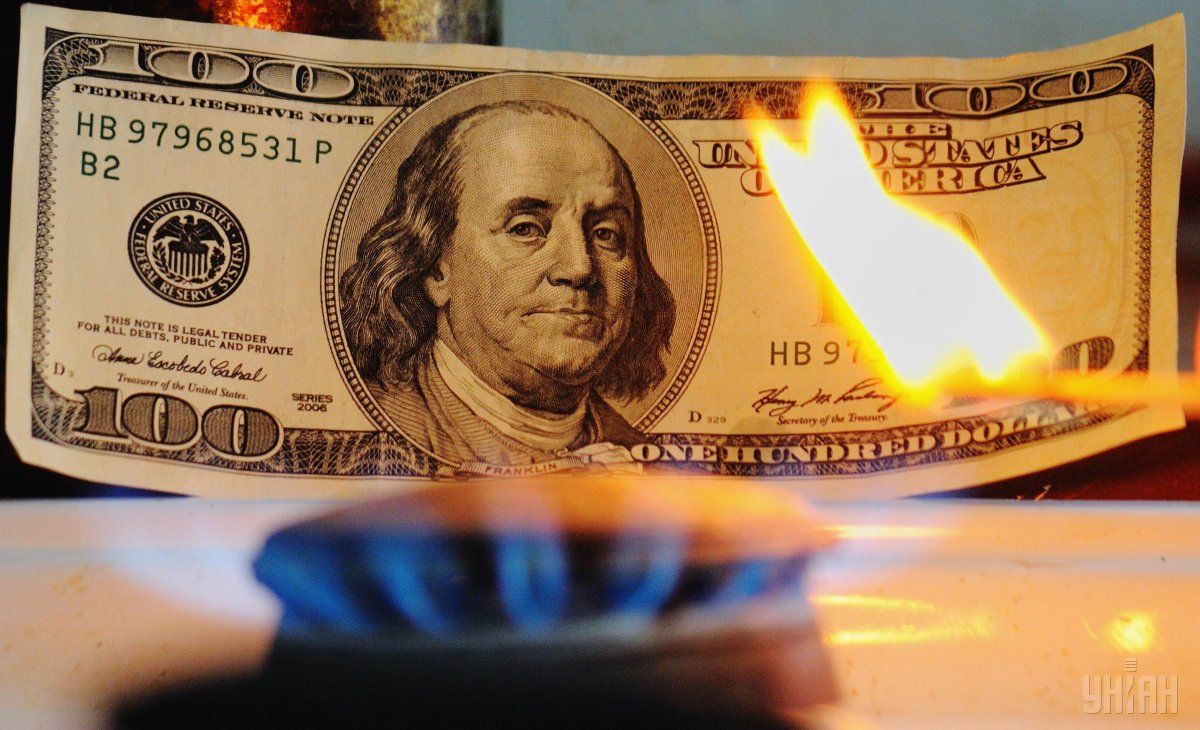
New tariffs vs inflation
The Government of Ukraine on May 1 increased the price of gas to market levels. Following this innovation, the prices for central heating hot water jumped almost twofold. UNIAN tried to find out whether this step of the Ukrainian authorities will lead to a global increase in the cost of goods and products.
The Cabinet of Minister gave the Ukrainians a unique “gift” for the May holidays setting a single price for gas for all consumers at UAH 6.88 per cubic meter from May 1. The price is equivalent to procurement cost of imported fuel, taking into account VAT and transportation costs. Prior to that, the population paid different types of bills, depending on the volume of gas consumed and the season – ranging from UAH 3.6 to UAH 7.2 per cubic meter. But now there will be no more price discounts. Presenting the government's decision, Energy Minister Ihor Nasalik stressed that the increase in tariffs will "put an end to speculations on the gas market and, a period will start of investment in the economy and production of natural gas." To partially compensate for the blow to most vulnerable population groups, the Cabinet has allocated an additional UAH 5.3 billion on subsidies this year, increasing their annual volume to more than UAH 40 billion.
The government's decision will surely be favored by Ukraine’s key creditor, The International Monetary Fund, whose mission arrived in Kyiv on May 10 to meet with the Ukrainian government and review the next stage of the lending program. According to the CEO of NJSC Naftogaz of Ukraine, Andriy Kobolev, it was the IMF who suggested that the increase in gas prices for the population to the European level not be stretched in time for another year, in order to bring the country's economy will the vicious circle of high energy dependency and subsidizing as soon as possible.
"Now we are moving to a system where everyone pays the market price, and the government will subsidize those who need it. Since the gas price is currently falling and the market situation allows to do it, the IMF also suggested that we do it all in one step," said Kobolev.
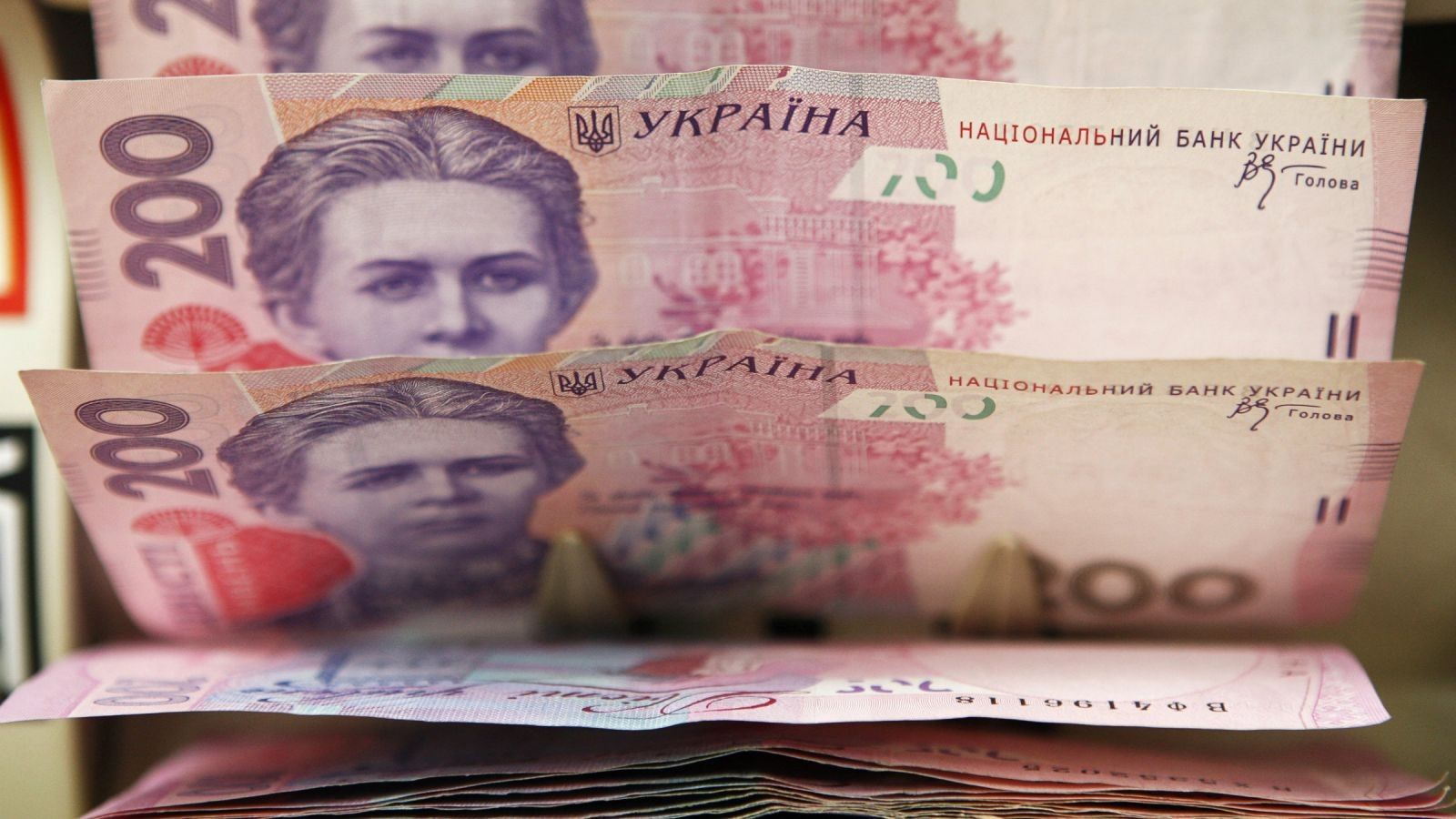
The first stage of tariff increases last year caused soaring inflation, which by the end of 2015 (December to December) rose to 43.3%, breaking a 20-year record. The greatest increase in the structure of consumer inflation was caused precisely by the prices for natural gas, which rose by 4.7 times, as well as raised tariffs for hot water and central heating (up 78.4%) and electricity (up 66.9%). It can be assumed that this year, history will repeat, and rising prices will again ravage the wallets of Ukrainians. Following the recent decision of the Government, the National Commission for regulation in the energy sector and utilities May 5 raised tariffs for central heating by an average of 75-90%. And this is only the beginning.
The National Bank, which is responsible for the level of consumer inflation, has approved the Cabinet’s move to raise utility tariffs.
"We support this decision of the government because it is important for the recovery of the balance of Naftogaz of Ukraine and it will not have a significant impact on inflation," said the deputy head of the National Bank of Ukraine, Dmytro Solohub.
According to the regulator, the new tariffs will trigger growth in average gas prices by 42% this year and by another 22% next year. At the same time, the National Bank maintains its previous forecast of a slowdown in annual inflation to 12% in 2016 and 8% in 2017. In other words, the individual rates will rise, but the overall picture of consumer prices will not be as dismal as a year earlier.
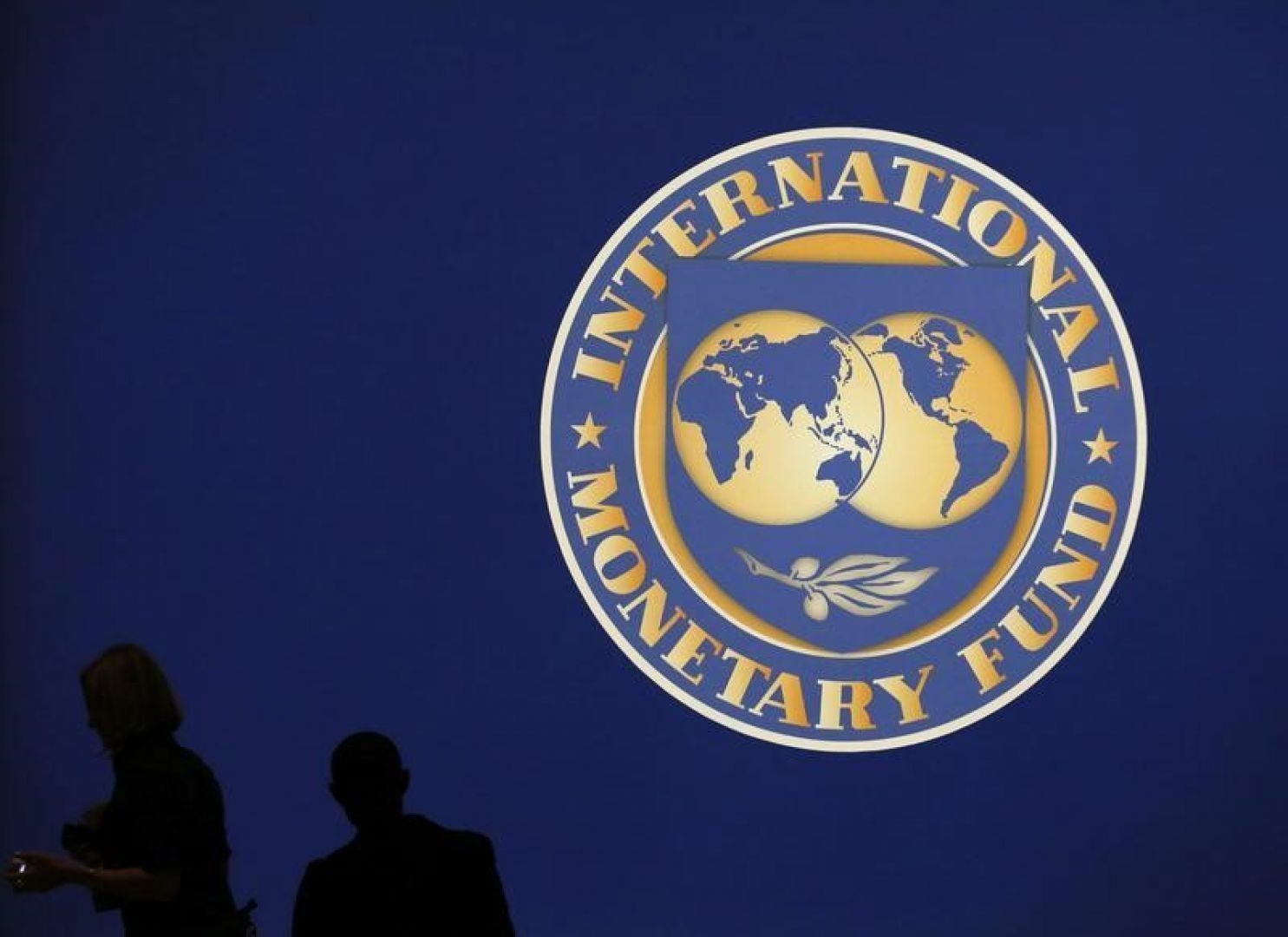
By the way, the IMF retained its inflation forecast for Ukraine for 2016, but it is more pessimistic than that of the National Bank – the Fund expects a 15.1% growth of consumer prices. According to estimates of the experts polled by UNIAN, a scenario somewhere in between these figures will be implemented in Ukraine.
Better to be prepared well ahead
The experts expect an increase by one-third in the cost of utilities as a result of the tariff increase, assessing its impact on the annual rate of consumer price inflation as insignificant – within 3-4 percentage points, allowing the implementation of even more optimistic scenarios than that of the National Bank.
Head of research department at ICU Group Oleksandr Valchyshen believes that the Cabinet’s decision to increase gas price for the households will not stop the projected slowdown in inflation because the situation this year is totally different from that in 2015.
"The situation on the currency market is favorable for low inflation in terms of a significant reduction in the devaluation risk, while the money supply in the economy is still limited due to the slow but ongoing recapitalization of commercial banks," said Valchyshen.
Neither does he see significant inflation risks after the decision of Ukraine’s energy regulator was announced to raise tariffs for central heating by an average of 75-90%. "Annual inflation will be at around 12%, or plus/minus 3% of the projected 12%," the expert said.
Chief economist at Dragon Capital Olena Belan assessed the impact of increased prices of utilities on the annual inflation rate as insignificant - within 3.7 percentage points while noting that the annual inflation forecasts have improved in view of its dynamics in 1Q 2016.
"Despite the sharper-than-expected rise in gas prices, we have improved our inflation forecast at the end of 2015 from 15% yoy to 11%, as the growth of prices for food and other consumer goods in the first quarter was much weaker than we expected," said Belan.
She opined that the utility prices, after rising twofold last year, will grow by only 32% yoy, given the increase in gas tariffs from May 1 and the increased cost of central heating and hot water that followed, a two-stage growth of electricity prices, as well as the increase of tariffs for other utilities.
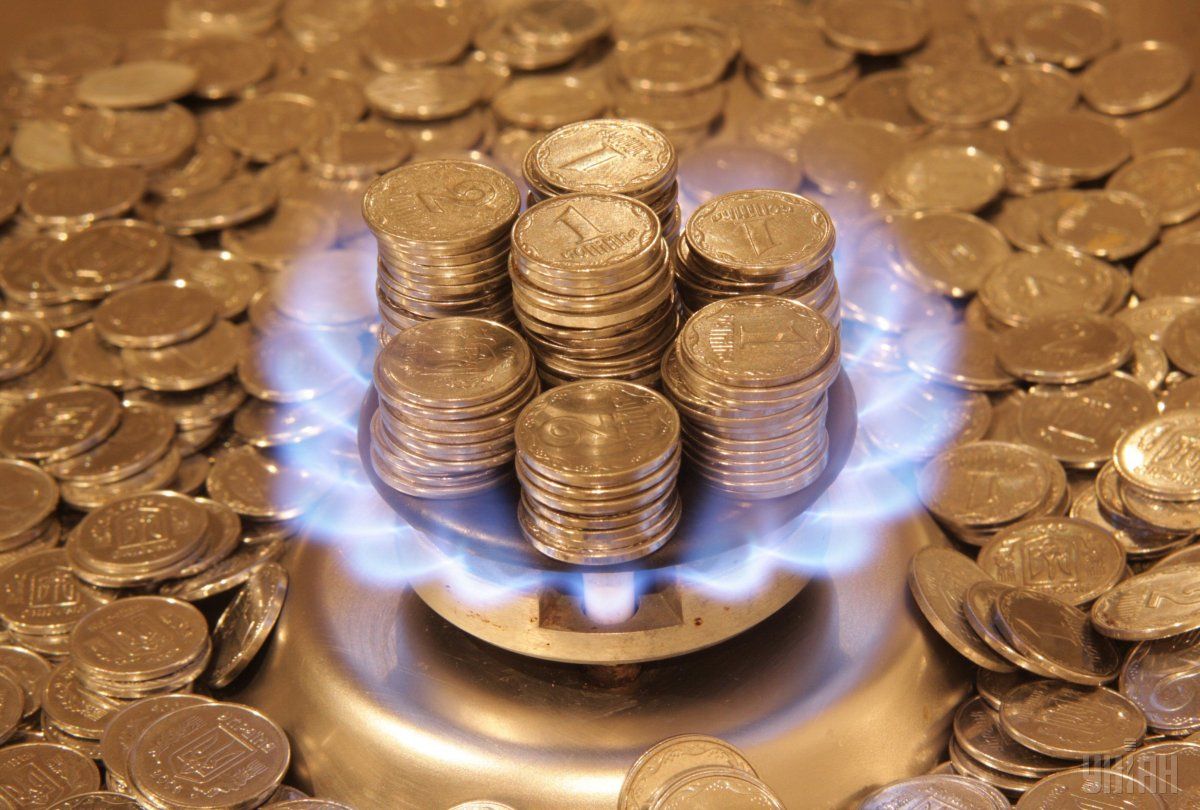
Senior economist of the Center for Economic Strategy Iryna Piontkovska sees no threat that the last year's scenario may repeat, explaining this with the encouraging forecasts for the future dynamics of consumer prices. "There are prerequisites to a sharp reduction in inflation after April. So the tariff increase does not bear a great risk for exceeding the annual targets," she said.
The experts’ optimism is supported by the actual inflation indices, which, in April 2016 slowed to 9.8% in annual terms, according to the State Statistics Service, compared to 20.9% in March, 32.7% in February and 40.3% in January. In fact, the annual rate of price growth is already below the NBU target of 12%, and given these dynamics prevail, the forecast of our experts are quite realistic, even with the increase in tariffs.
If the prospects are that rosy, why has it taken so long for the Ukrainian government to make this sharp decision on tariffs increase, knowing that this is one of the key requirements of the International Monetary Fund in order to continue the cooperation with our country?
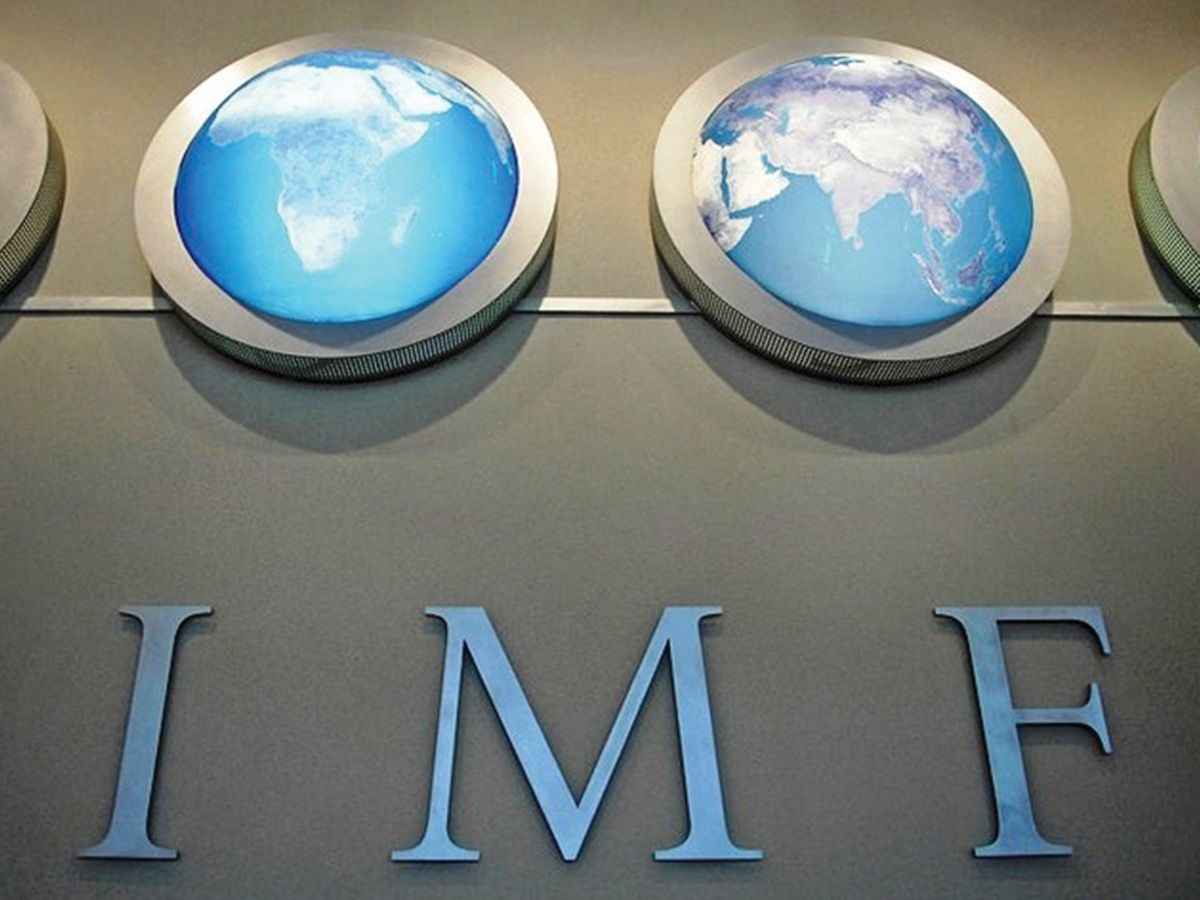
According to the expert from the Reanimation Reform Package initiative Pavlo Kukhta, the blame is on politicians who fear to spoil their rating as the voters will most probably not like such decision.
"This is a painful question with a mass of populist speculation whirling around it. The previous government probably feared this," the expert said. At the same time, he reassured that the tariff increase is the last one, and no similar surprises are expected in the future. "The tariffs were raised to 100% of the market price. This settles the issue once and for all unless populists try to roll back to the subsidized prices," said Kukhta.
All this suggests that, most likely, no high inflation is expected, and one of the reasons is that the purchasing capabilities of the Ukrainians are limited. The real incomes of Ukrainians in 2015 decreased by 22.2% compared to 2014, according to the State Statistics Service, while expenses increased by 16.9%. Now, in order to pay for the central heating in the winter period, it is necessary to save money all summer – eat less, choose gardening over foreign resorts and forget about buying a car or home appliances. A sharp decline in consumer demand will likely push prices for other consumer categories down, which in fact will be a compensator for the rising tariffs. Vice Prime Minister Pavlo Rozenko earlier this week suggested that rural residents switched from gas heating to alternative energy resources, warning that gas is unlikely to become any cheaper. The idea is certainly rightful strategically but its implementation will take years, and the Ukrainians should prepare for the coming winter as early as this summer.
Olha Hordienko

